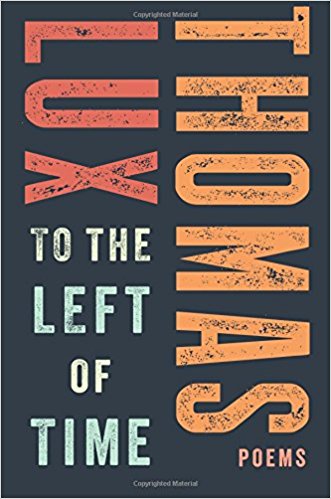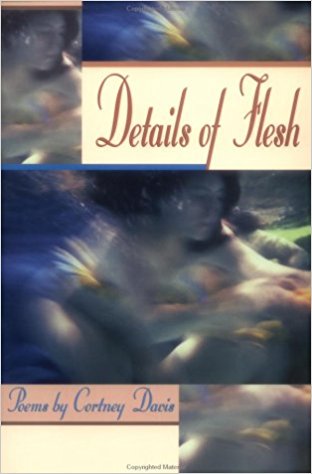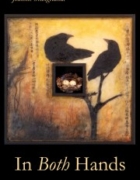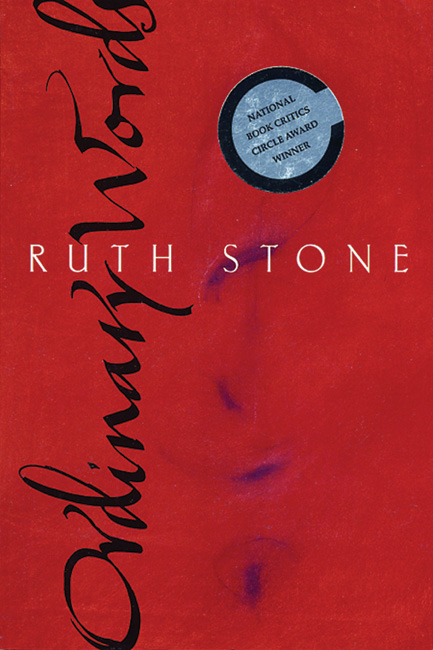Thomas Lux’s To the Left of Time
 I never had the privilege to meet Thomas Lux (1946-2017), but I seem to know an inordinate number of my contemporaries who have. So when I came across this book, To the Left of Time, I scooped it. He writes, among many other topics, about working on a farm as a child, and I have a feeling that I will very soon be writing a hay loft poem of my own. (See his poem, “Haystack of Needles.”) Here is another that made me want to pick up my notebook and start scribbling:
I never had the privilege to meet Thomas Lux (1946-2017), but I seem to know an inordinate number of my contemporaries who have. So when I came across this book, To the Left of Time, I scooped it. He writes, among many other topics, about working on a farm as a child, and I have a feeling that I will very soon be writing a hay loft poem of my own. (See his poem, “Haystack of Needles.”) Here is another that made me want to pick up my notebook and start scribbling:
Ode to the Joyful Ones
Shield your joyful ones.
–from an Anglican prayer
That they walk, even stumble, among us is reason
to praise them, or protect them — even the sound
of a lead slug dropped on a lead plate, even that, for them,
is music. Because they bring laughter’s
brief amnesia. Because they stand,
talking, taking pleasure in others,
with their hands on the shoulders of strangers
and the shoulders of each other.
Because you don’t have to tell them to walk toward the light.
Because if they have two pork chops
they will serve you the better one.
Because they will give you the crutch off their backs.
Because when there are two of them together
their shining fills the room.
Because you don’t have to tell them to walk toward the light.
Thomas Lux, To the Left of Time (Mariner Books, 2016)







 I’m so grateful for those of you reading along with me this month (just the blogposts, or your own deep-dive into poetry to celebrate April), but even if I were simply shouting into the void, I’m glad I took on this project.
I’m so grateful for those of you reading along with me this month (just the blogposts, or your own deep-dive into poetry to celebrate April), but even if I were simply shouting into the void, I’m glad I took on this project.